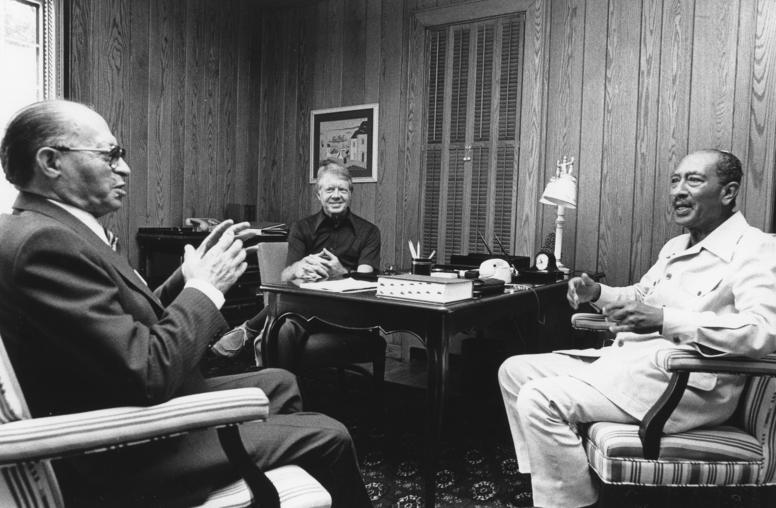Democracy, Like Revolution, is Unattainable Without Women
In this peace brief, author Sahar F. Aziz argues that the biggest challenge for women in Arab Spring countries is transforming their leadership and influence into high-level governance positions, both elected and appointed.
Summary
- The biggest challenge facing women in Arab Spring countries is transforming their leadership and attendant influence during the revolutions into high-level governance positions, both elected and appointed, after the revolutions.
- To achieve this goal, reform efforts should include: 1) amending election laws to increase the proportion of women represented at the local, state, and national levels; 2) increasing high-level employment opportunities; and 3) using public education to highlight the role of women and counter perceptions of traditional gender roles.
About This Brief
Sahar F. Aziz is an associate professor of law at Texas Wesleyan School of Law and a fellow at the Institute for Social Policy and Understanding. She also serves as the president of the Egyptian American Rule of Law Association where she works on rule of law projects with Egyptian lawyers, judges, and civil society advocates. Aziz is a prolific writer and frequent speaker on Egypt’s ongoing transition to democracy. Professor Aziz thanks Derek Clinger, Nancy Khalil and Danielle Jefferis for their research assistance.



